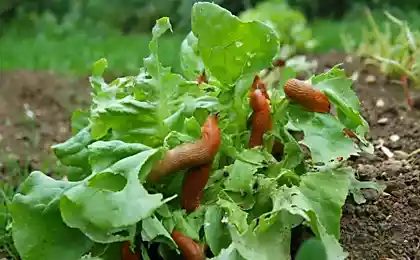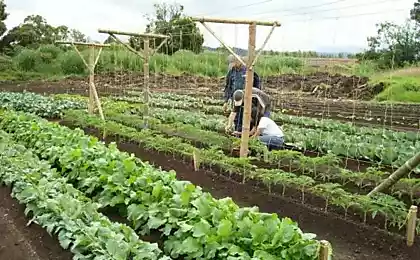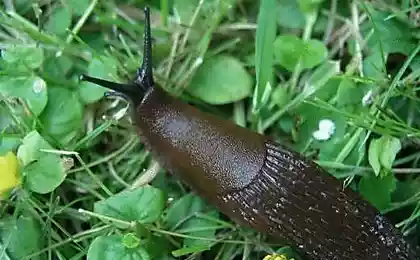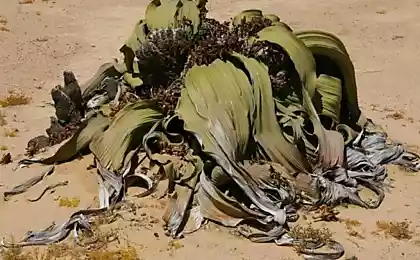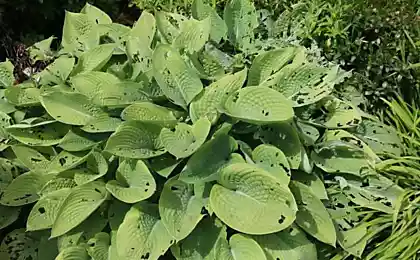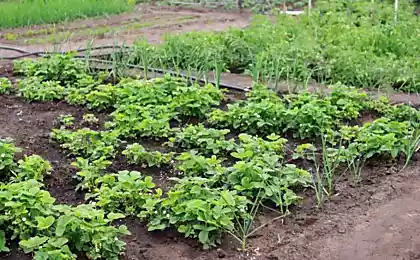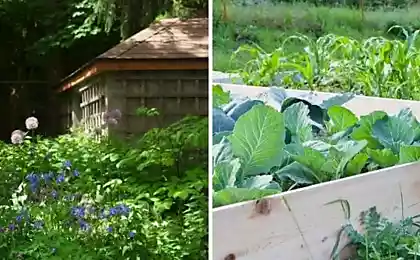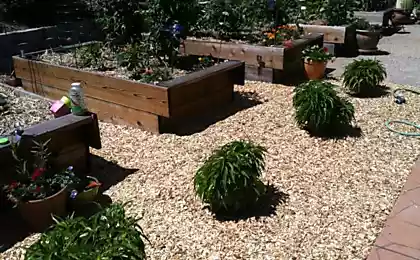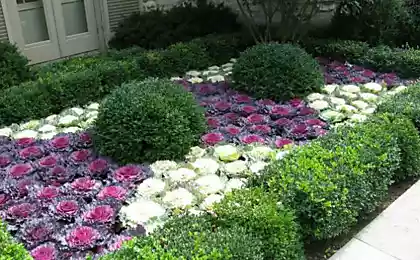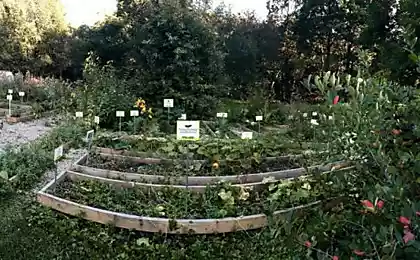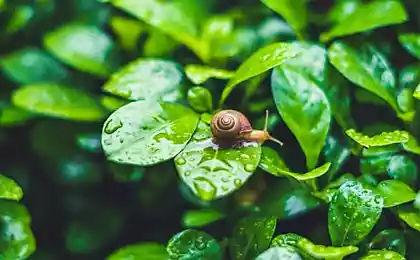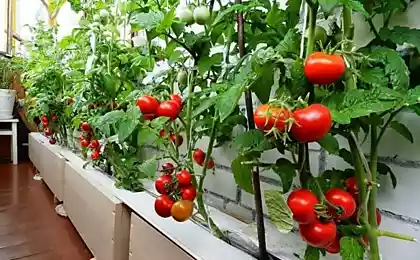150
Tired of sobbing because of slugs that eat the crop, forever abandoned mulching
Many summer residents, wanting to protect their harvest, resort to special garden tricks. Use various ways to combat high humidity, pests and various sores. For example, mulch It helps a lot in that regard. Ground grass, tree bark or inorganic materials are great to save plant roots from weeds.
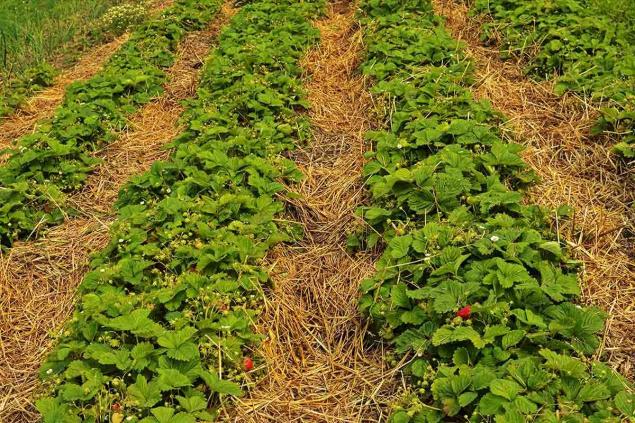
But not everything is carnivore. Mulching in some cases is completely useless, and sometimes even dangerous. It's all about the region, weather conditions, plant species, and many variables in general. Being a gardener means treating your business wisely. Nature does not tolerate mistakes.
And indeed, most positive reviews of mulch, as a good remedy for weeds, so far cover all the negative. That's it. fertilizerand moistureproofand against disease It helps to fight. A miracle cure, no other way. But still, where there are advantages, there are usually disadvantages.
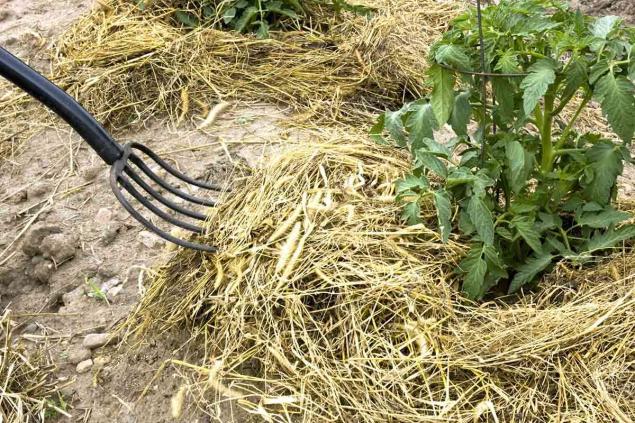
We would like to talk about both. Newcomers do not have much experience and often sprinkle dry hay on everything they see. And then the problems start. To protect them, as well as to remind the guru of the dacha business what is dangerous mulch, we will try to thoroughly analyze this issue.
The pluses of mulch
As you can see, mulch may be organic and inorganic. Each type is used for its own purposes.
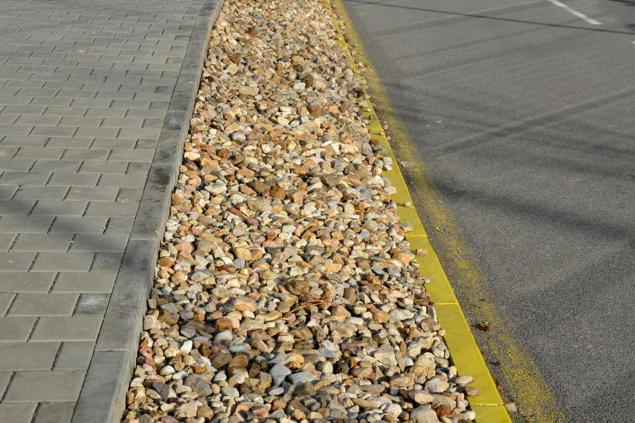
Dry grass, crushed tree bark, needles, sawdust and compost - all this refers to organics. But sand, pebbles, some shells, various covering materials are inorganic. That is, they can be used many times, but they will not become a breeding ground for plants.
Cons of mulch Pests. You see, mulch can be home to a huge number of organisms. Slugs, snails, bugs, lice and even small frogs and mice. Unfortunately, for your crop, they are all unscrupulous enemies and freeloaders. But under the layer of mulch they can not be heard or seen.
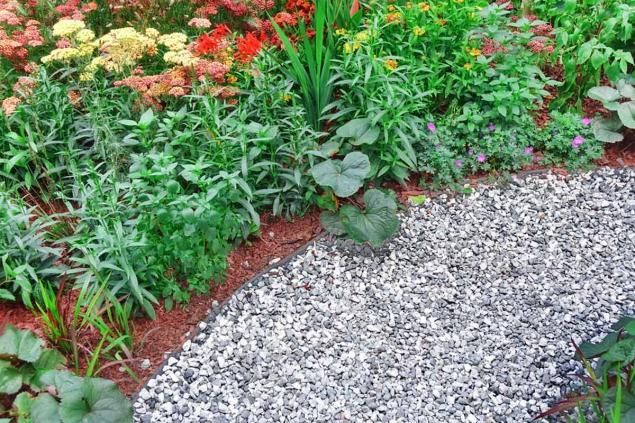
And now we want to show you the difference between a beginner and a professional. The beginner usually sees that his methods of pest control do not work very well and just starts over. He removes mulch, promises himself not to use it again and resorts to other means. Maybe he'll succeed.
A summer resident with average experience, faced with such a problem, will first think. Like slugs. If they appear on juicy and tender plants such as cabbage and salads, then you need to rid them of the forage base. So, stop planting the above crops. Sometimes it helps, sometimes it doesn't. But the gardener, it turns out, follows the lead of the invader. Not good.
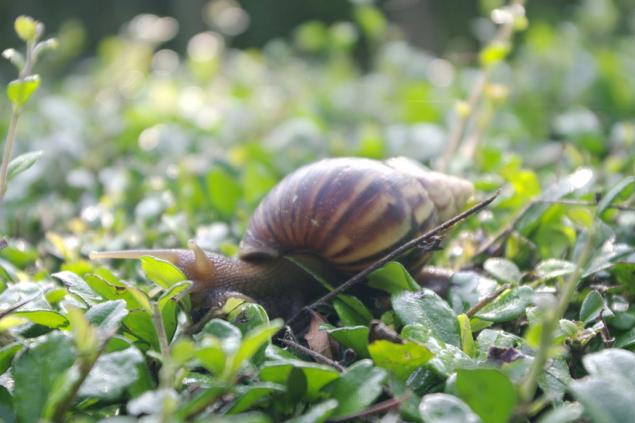
But experienced gardeners fight to the end. So slugs live in mulch? Great. I have two delicious dishes for them. Organic: 50g cheapest black-coffee on a bucket of water. Water them with plants. For them it will be a completely ordinary watering neither pros nor cons they will feel. But for slugs, it's certain death. Such stress their body simply can not withstand.
From inorganic methods: superphosphate. This product burns the pest, and he can do nothing about it. If you sprinkle superphosphate in the right places, next season the slugs will disappear.
As you can see, mulch itself is a great helper. You only need to use it with knowledge. In some cases, it simply cannot be used from year to year. For example, if the plant has delicate and shallow roots. In such cases, they will not be able to use all the water, and it will not evaporate. Under the mulch formed rot, which is very dangerous for any plant.
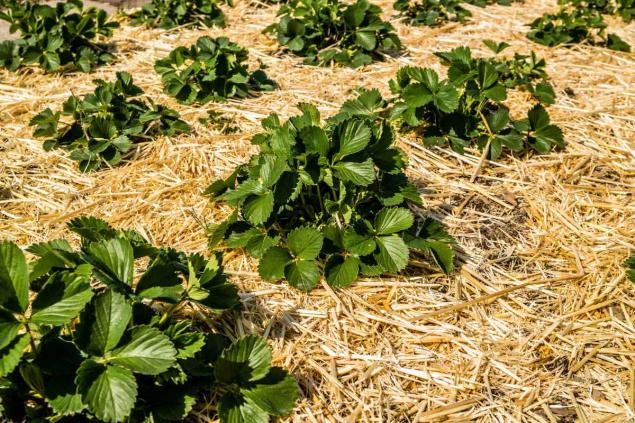
However, the same mulch is very easy to remove. If it is organic, it will eventually turn into fertilizer. And if it's not organic. Well, the master's case is afraid. Especially since someone, and summer residents are used to manual labor. The main thing is not to be afraid. We wish you good luck and rich harvests. Do your garden wisely!

But not everything is carnivore. Mulching in some cases is completely useless, and sometimes even dangerous. It's all about the region, weather conditions, plant species, and many variables in general. Being a gardener means treating your business wisely. Nature does not tolerate mistakes.
And indeed, most positive reviews of mulch, as a good remedy for weeds, so far cover all the negative. That's it. fertilizerand moistureproofand against disease It helps to fight. A miracle cure, no other way. But still, where there are advantages, there are usually disadvantages.

We would like to talk about both. Newcomers do not have much experience and often sprinkle dry hay on everything they see. And then the problems start. To protect them, as well as to remind the guru of the dacha business what is dangerous mulch, we will try to thoroughly analyze this issue.
The pluses of mulch
- Mulch perfectly retains the moisture of the soil.
- Almost completely rids the land of weeds.
- Balances temperature: in winter, the soil does not freeze, and in summer it does not overheat.
- Due to mulch on the surface of the soil does not form a rammed crust, which means that moisture falls to it in normal quantities.
- It is overgrown, which means it serves as a natural fertilizer for plants. Unless, of course, mulch on an organic basis.
As you can see, mulch may be organic and inorganic. Each type is used for its own purposes.

Dry grass, crushed tree bark, needles, sawdust and compost - all this refers to organics. But sand, pebbles, some shells, various covering materials are inorganic. That is, they can be used many times, but they will not become a breeding ground for plants.
Cons of mulch Pests. You see, mulch can be home to a huge number of organisms. Slugs, snails, bugs, lice and even small frogs and mice. Unfortunately, for your crop, they are all unscrupulous enemies and freeloaders. But under the layer of mulch they can not be heard or seen.

And now we want to show you the difference between a beginner and a professional. The beginner usually sees that his methods of pest control do not work very well and just starts over. He removes mulch, promises himself not to use it again and resorts to other means. Maybe he'll succeed.
A summer resident with average experience, faced with such a problem, will first think. Like slugs. If they appear on juicy and tender plants such as cabbage and salads, then you need to rid them of the forage base. So, stop planting the above crops. Sometimes it helps, sometimes it doesn't. But the gardener, it turns out, follows the lead of the invader. Not good.

But experienced gardeners fight to the end. So slugs live in mulch? Great. I have two delicious dishes for them. Organic: 50g cheapest black-coffee on a bucket of water. Water them with plants. For them it will be a completely ordinary watering neither pros nor cons they will feel. But for slugs, it's certain death. Such stress their body simply can not withstand.
From inorganic methods: superphosphate. This product burns the pest, and he can do nothing about it. If you sprinkle superphosphate in the right places, next season the slugs will disappear.
As you can see, mulch itself is a great helper. You only need to use it with knowledge. In some cases, it simply cannot be used from year to year. For example, if the plant has delicate and shallow roots. In such cases, they will not be able to use all the water, and it will not evaporate. Under the mulch formed rot, which is very dangerous for any plant.

However, the same mulch is very easy to remove. If it is organic, it will eventually turn into fertilizer. And if it's not organic. Well, the master's case is afraid. Especially since someone, and summer residents are used to manual labor. The main thing is not to be afraid. We wish you good luck and rich harvests. Do your garden wisely!
Driver kicks rich woman out of bus in cold, but poor old woman intervenes
My mother-in-law shared with me a way to wash windows and floors without divorce easily so that they sparkle forever.
